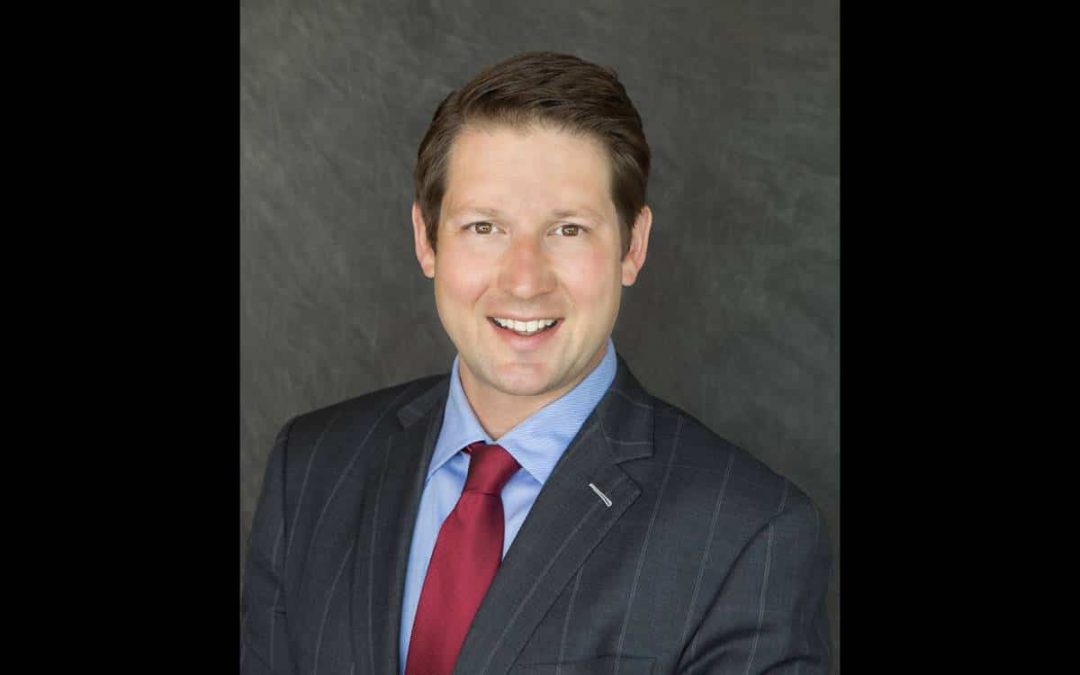Ricky Caplin | Lessons in leadership
When Ricky Caplin (BSAc ’05, MAcc ’05) first came to the University of Florida in 2001, he considered his options and his long-term goals of becoming a leader in business as he selected his major. In choosing accounting, Caplin was able to learn both the language of business and gain experience from internships.
“Accounting was a great way for me to gain a fundamental knowledge of business,” he said. “I had a lot of really good teachers.”
Caplin completed two paid internships, one at Energizer and the other at Ernst and Young.
The Fisher School of Accounting wasn’t the only place Caplin would develop the skills he would use in his future career. As a founding member of his fraternity and member of student government, Caplin took his leadership education outside of the classroom.
“Some of the most valuable things I learned weren’t in the classroom,” he said. “Ultimately, decision making and emotional intelligence were some of the most fundamental lessons I learned at UF. These learned business and leadership skills would serve him well in his future career as an entrepreneur and CEO.
Caplin took his accounting knowledge to his first job as an auditor at KPMG, but knew he wanted to further progress his budding leadership skills.
“I was always interested in philanthropy and politics,” he said.
That led Caplin to involvement in a number of networking and charitable groups, including one he started on his own – the Jacksonville chapter of Guys with Ties, a non-profit that gives back to the community by organizing events for local charities. He also served on the Gator Bowl Committee and was a Stein Fellow.
Caplin left the auditing field and began learning other aspects of business. He then decided it was time to put his skills to the test by starting his own company.
In January 2009, Caplin and his brother-in-law, Greg Jones, started The HCI Group, a healthcare IT consulting firm, in a townhome in Atlanta. While the pair faced challenges in their first few years of business, they would ultimately grow the company into one with almost a quarter billion dollars in revenue. Their success caught the eye of India-based Tech Mahindra, which bought the company in 2017.
Today, Caplin remains at the helm of The HCI Group as CEO, which has become a global leader in the industry, operating in nearly 20 countries across North America, Europe, the Middle East and Asia. As he builds the company and strategizes for the future, the one thing he sees as a constant is change.
“I don’t think that the healthcare of the future will be recognizable,” he said. “Medicine has morphed already – consider telemedicine, home care and preventative care. Technology has completely disrupted the industry.”
Caplin’s work in building The HCI Group from the ground up has landed him on multiple lists of best CEOs and top leaders, including the inaugural University of Florida 40 Under 40, a list honoring Gators who are successful in their communities and professions.
“It really is an honor [to be named to the 40 Under 40],” he said. “It has a special connotation. I feel part of a family and proud to be among so many successful Gators and alumni.”
While Caplin’s success has continued to grow since his time at Warrington, he insists he wasn’t the only one who made it happen. Caplin credits his faith in God and his wife’s support for enabling and blessing him with success.
“I feel really blessed,” he said. “The Parable of the Talents teaches us that God has given us talents and you should use them to your fullest to glorify God. I see success as an opportunity to do good and to use the talents that God has given me to help others.”
Caplin’s wife, Danielle (BSAc ‘04), is also a Fisher School alumna, and they have three children, ages 6,4, and 2 years old.
“Dani has been a rock to our family,” he said. “She has loved and supported me, gives me excellent advice and is an amazing mother.”




